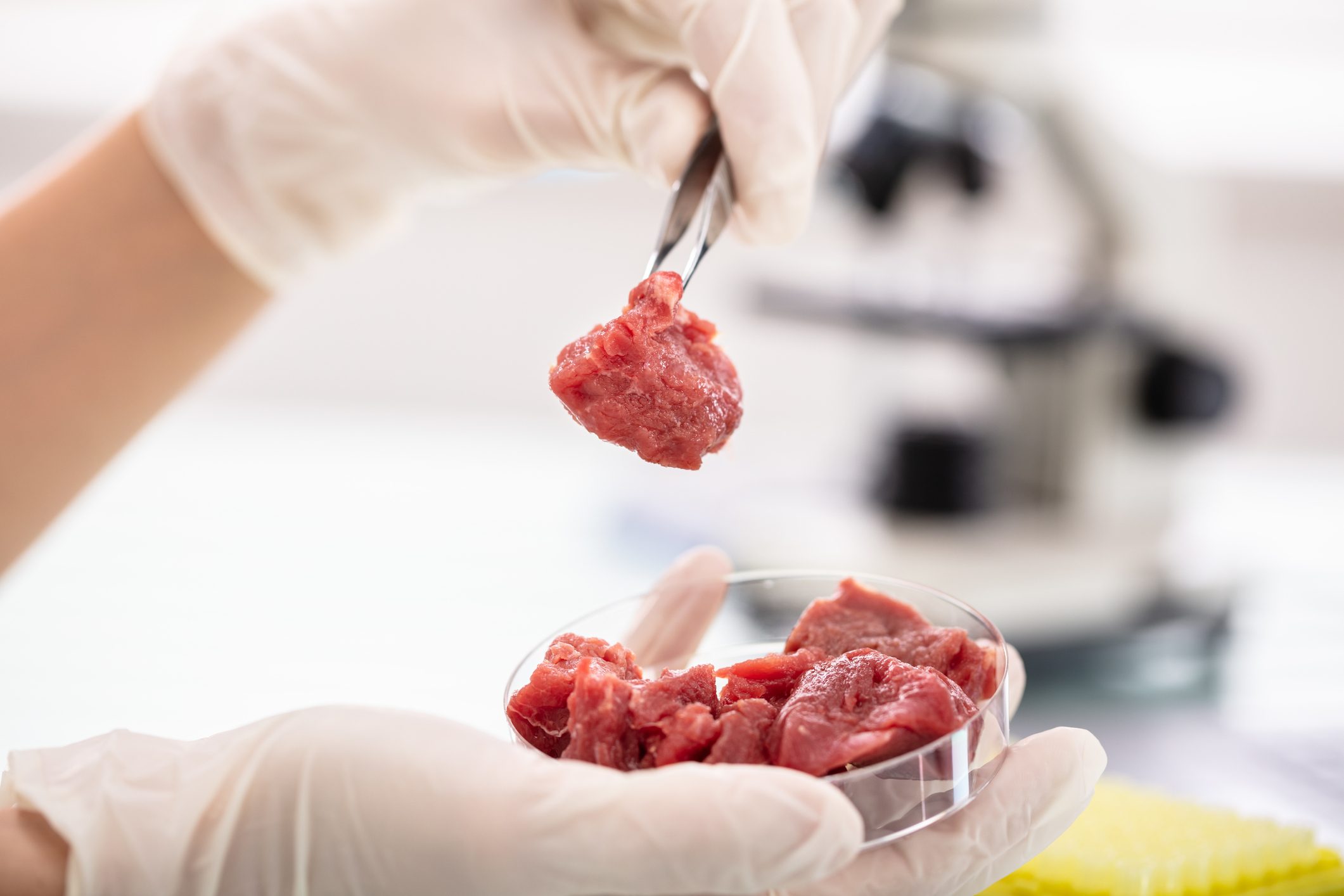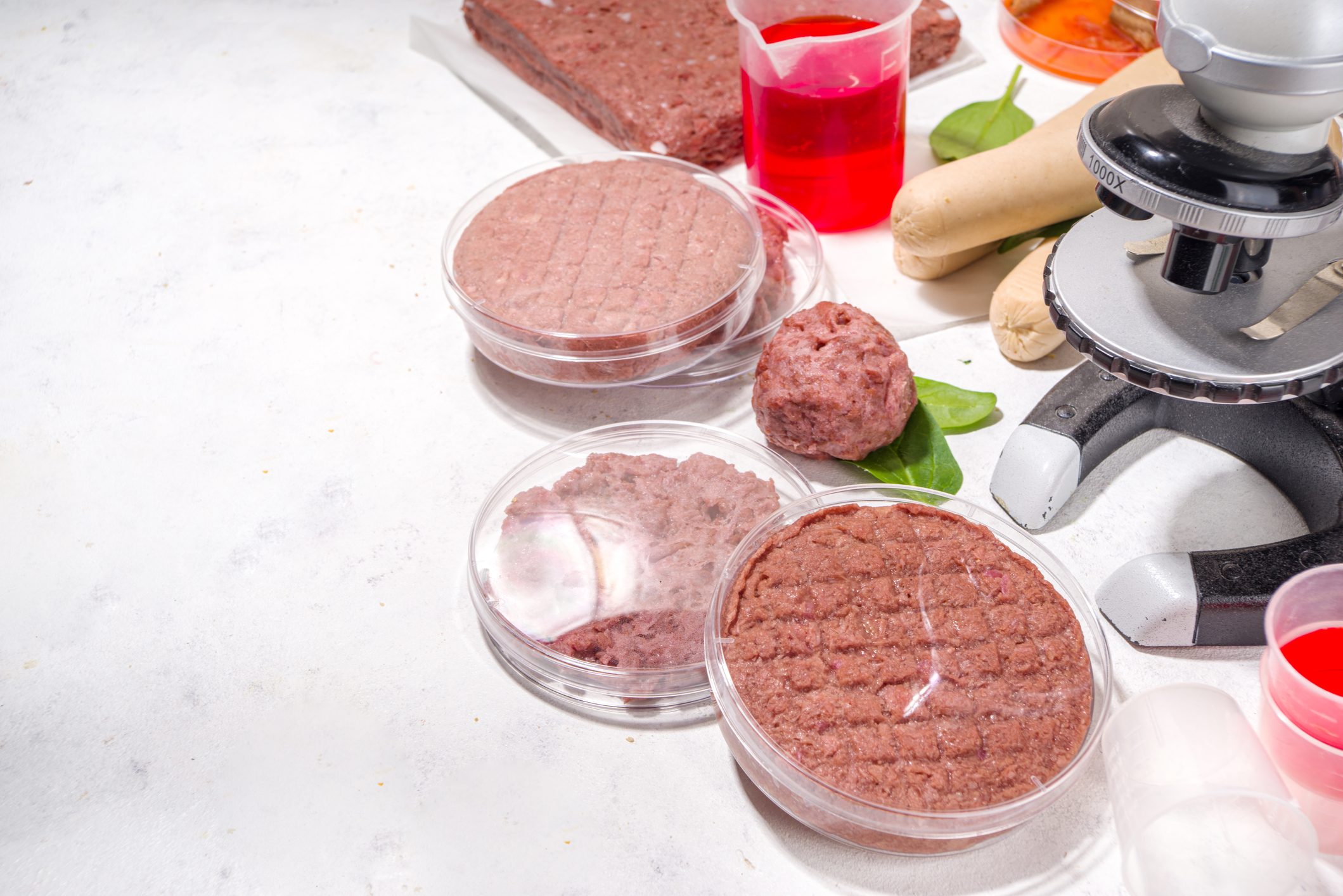Lab Grown Meat Might Be Hitting The Markets Sooner Than Expected
The FDA recently approved one company’s lab-grown meat which is considered a memorable achievement in the food industry. But, does that mean lab-grown meat will soon be available to the public in supermarkets? Keep reading to find out.
;Resize,width=742;)
Lab meat is still meat and it is starting to gain momentum. In mid-November last year, the US Food and Drug Administration (FDA) acknowledged Upside Foods' products as safe to consume.
The San Francisco company harvests muscle, fat, and tissue cells from fertilized chicken eggs and transforms them into a product that looks biologically similar to the flesh of an actual chicken.
The startup still requires approval from the US Department of Agriculture (USDA) before it can start selling its product domestically. However the acknowledgement was a major cause for celebration in the entire sector, which has been steadily expanding for close to ten years.
"It shows, ultimately, that this industry is one step closer to commercialization,” says Amy Chen, the COO of Upside Foods.
Those who support cultured meat say that it can significantly reduce the side effects of factory farming which include global warming, animal suffering, foodborne illnesses, and antibiotic resistance.
However many believe that it may not be sustainable. Here's what the experts think.
How is lab-grown meat created?

To create lab grown meat, scientists take a sample of various cells from a live animal through what is called a small biopsy. These cells can also be taken from a fertilized chicken egg.
“Then you select the cells that are best destined to grow well and to taste delicious,” Chen said.
The harvested cells will require a variety of nutrients to grow. Cells that survive all that are cultivated inside bioreactors in a nutrient-dense solution of ingredients such as sugars, amino acids, and vitamins.
After a week or two, the growing will reportedly have been completed then they’re harvested and the cells are essentially killed. Exiting the bioreactors, they look like pink goo which is eventually used to form a variety of products.
Perks of Lab Grown Meat

Cultured meat has been praised as the humane option. Rather than taking an animal's life in an attempt, growing it seems like a better alternative.
There are also fears that natural meat will not be able to match the world's ever growing demand for meat. It is expected to increase by 73% by 2050 when the world population is expected to hit 10 billion.
Lab grown meat will also come in handy for those who have compunction about eating slaughtered animals. With cultivated meat, they can enjoy the benefits of meat without the guilt.
“Throughout history, the only way to eat meat has been to take the life of an animal, now, for the first time, we can cultivate meat without harm," says Eitan Fischer, the CEO of Mission Barns.
Does this mean that cultured meat is a better option? It remains to be seen. Some have claimed it would take lots of facilities to grow meat on a large scale and this could contribute to the deployment of greenhouse gasses.
When will lab-grown meat enter the US market?
Lab grown meat is yet to be popular in US markets but in 2020, Eat Just, became the first company in the world to sell its cultured chicken to restaurants in Singapore.
Experts believe it will follow the same pattern in the US with some saying it will become commercial in about five to ten years.
;Resize,width=767;)

;Resize,width=712;)
;Resize,width=712;)
